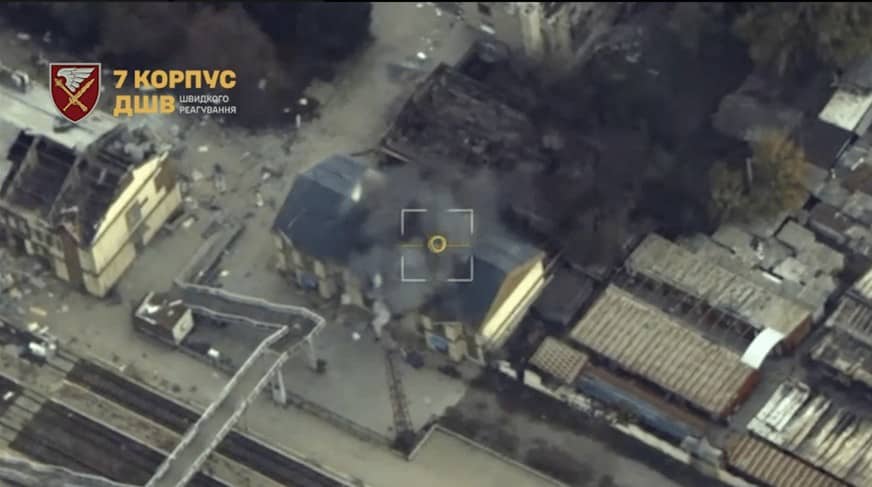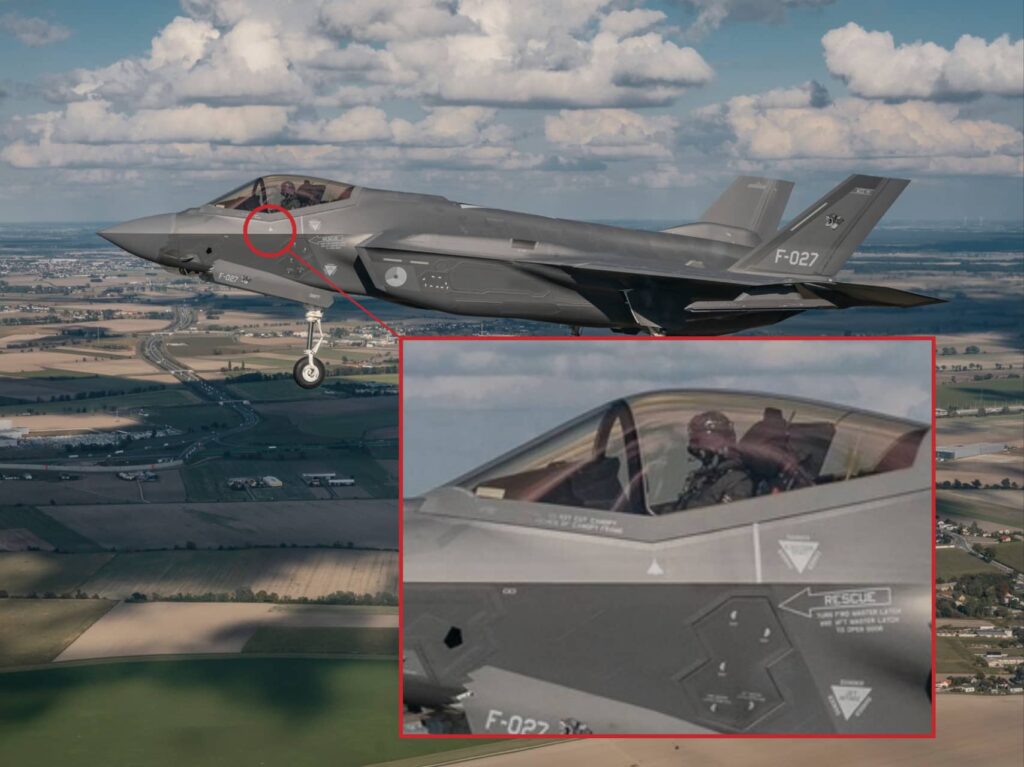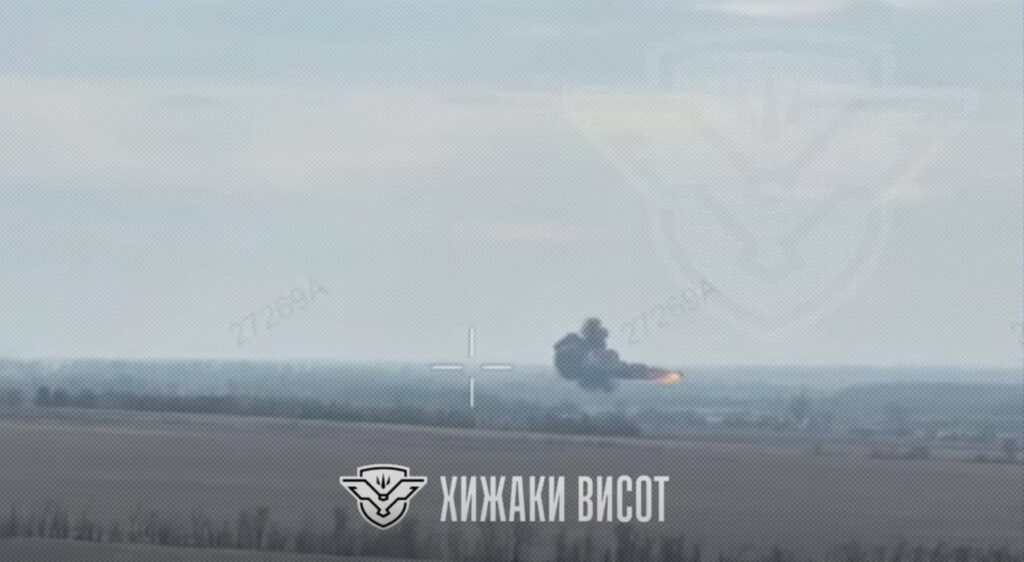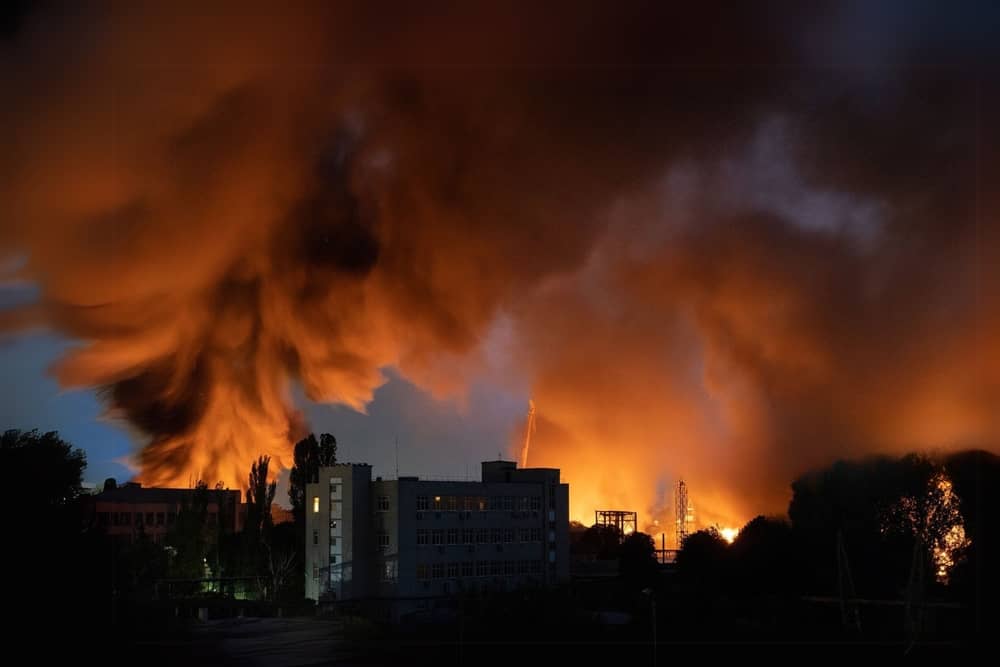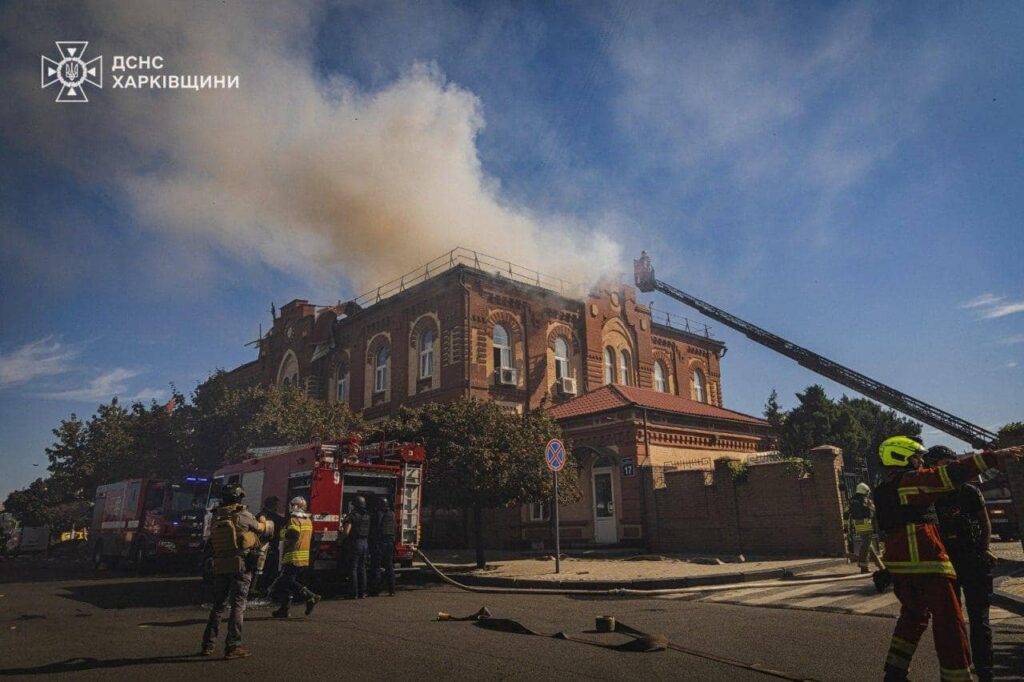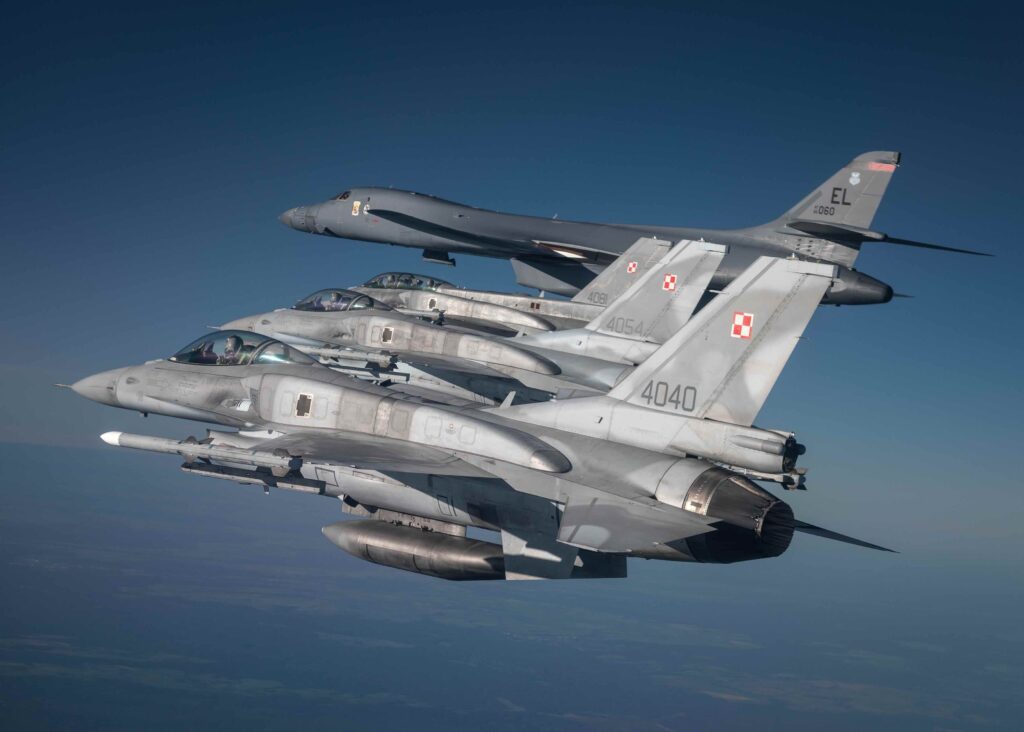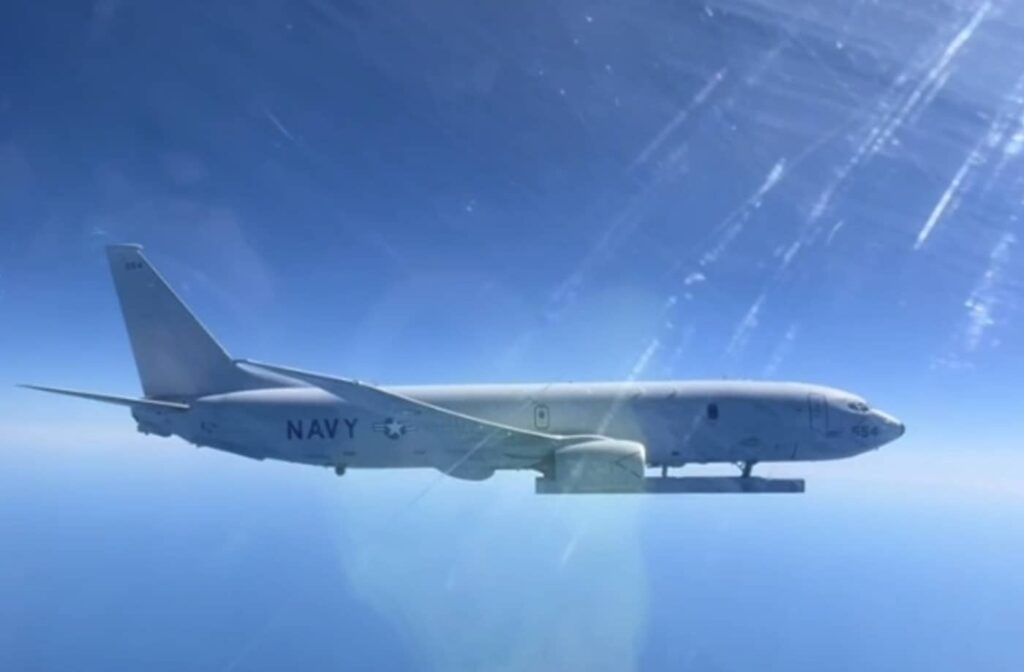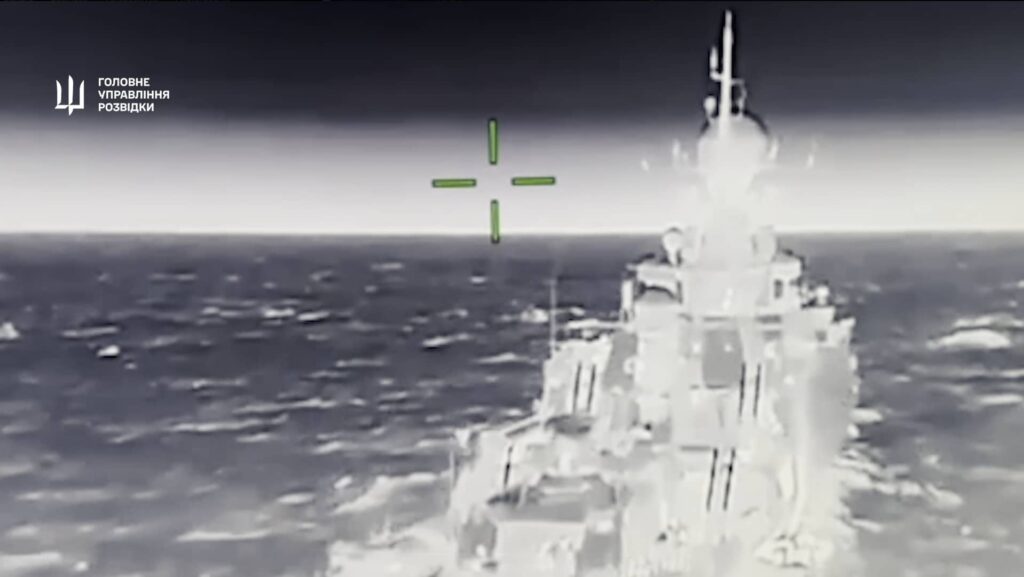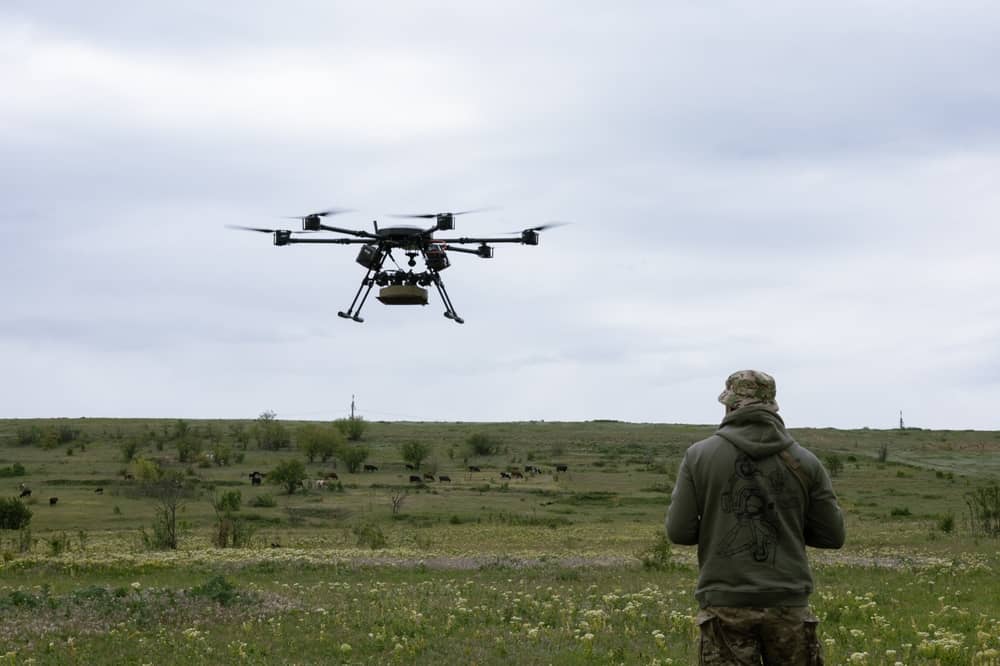U.S. Forces Stationed on Remote Alaska Island in Response to Russian Military Exercises
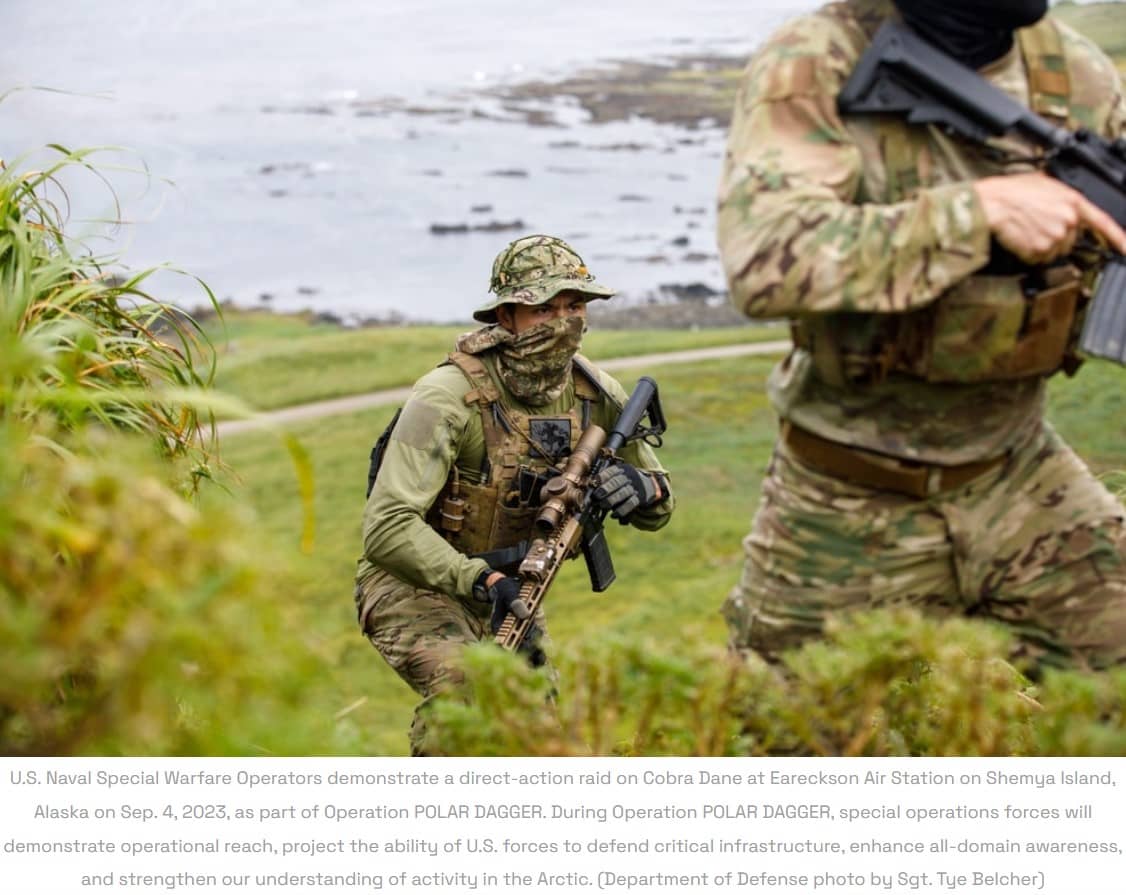
The U.S. Army deployed approximately 130 soldiers to Shemya Island, Alaska, as part of a “force protection operation.” The soldiers, hailing from units such as the 11th Airborne Division, were stationed on the remote island southeast of Alaska as a precautionary measure amid heightened military exercises by adversarial forces in the region. The deployment, which took place on September 12, was a demonstration of the Army’s capability to rapidly deploy a lethal force, with troops and equipment moved to a strategic position within hours.
The decision to deploy the soldiers comes as North American Aerospace Defense Command (NORAD) tracked multiple instances of Russian military aircraft operating near Alaska. Over the span of four days, Russian planes entered the Alaska Air Defense Identification Zone (ADIZ), a buffer zone where aircraft are expected to identify themselves but that remains outside U.S. sovereign airspace. NORAD detected Russian aircraft on September 11, 13, 14, and 15, though no incursions into U.S. airspace were reported. This surge in Russian activity coincides with joint military drills being conducted by Russia and China in the region.
The operation took place on Shemya Island, located 1,200 miles southwest of Anchorage. The soldiers deployed to the island were part of a joint effort between the 11th Airborne Division, known as the Arctic Angels, and the 1st and 3rd Multi-Domain Task Forces. According to Army spokesperson Sgt. 1st Class Michael Sword, the deployment offered valuable real-world training for the troops, enabling them to test their readiness in challenging Arctic conditions.
The increase in Russian military activity is not an isolated event. According to NORAD, encounters with Russian aircraft near Alaska have increased significantly in recent years, with 25 instances recorded in 2023 alone, compared to an average of six or seven in previous years. This uptick in military presence has raised concerns about the growing military cooperation between Russia and China, particularly in the context of their joint exercises.
Pentagon officials, including Deputy Press Secretary Sabrina Singh, emphasized that the recent activity is part of routine military drills that the U.S. had been monitoring for some time. Singh reassured the public that these exercises posed no direct threat to the U.S. or its NATO allies, a sentiment echoed by Maj. Gen. Joseph Hilbert, commanding general of the 11th Airborne Division. Hilbert described the operation as a timely measure to demonstrate military preparedness, but noted that these activities are not unusual for the region.

